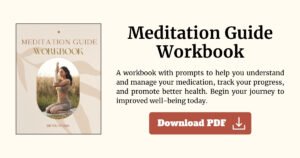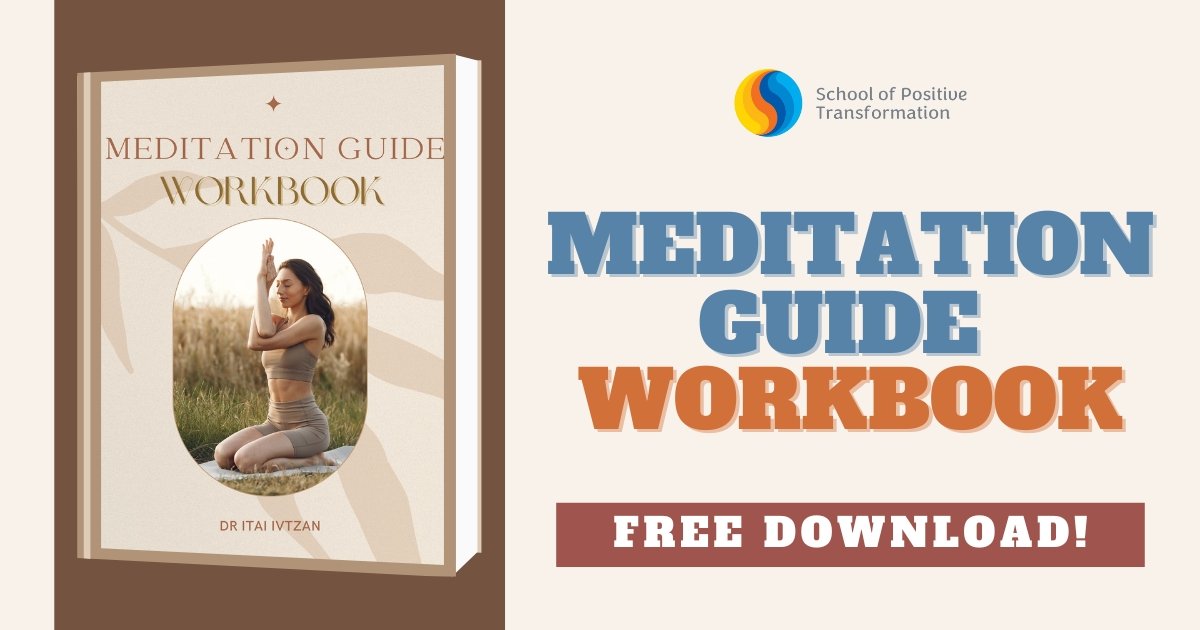When is the best time of day to meditate
 You may be wondering, when is the Best time of day to meditate? Or, how can I possibly set aside time to meditate when I’m already overwhelmed and overbooked? The truth is, meditate can be one of the best way to help you find a sense of calmness and clarity.
You may be wondering, when is the Best time of day to meditate? Or, how can I possibly set aside time to meditate when I’m already overwhelmed and overbooked? The truth is, meditate can be one of the best way to help you find a sense of calmness and clarity.
Research has shown that meditation has many mental and physical health benefits . Among other things, it may help reduce stress, enhance concentration, improve sleep, manage pain, and lower blood pressure. Daily meditation practice is ideal for reaping these rewards. In addition, brief mini-meditations can be done as needed throughout the day whenever you want to calm your mind and relax your body.
Two experts were asked for their advice about when to meditate—and when not to. They agreed that the best time varies from person to person, depending on schedule and needs. But below are their recommendations for some good times to consider.
Before you continue you might like to consider our free worksheet on exploring “Meditation Guide”. Please download this worksheet here.
In this article:
First thing in the morning
Whenever you’re stressed
On your lunch hour
End of your workday
Right before bedtime
Tips for meditating better
Could the time of day you meditate make a difference in the results you get from your practice?
First thing in the morning
Recommended for: daily meditation practice
Laura Maciuika, EdD, a clinical psychologist and author of Conscious Calm: Keys to Freedom from Stress and Worry : Your routine first thing in the morning sets the tone for the entire day. Before breakfast is generally a good time to meditate. But for beginners, especially folks who are feeling stressed out, meditating at all can be daunting. In that case, I recommend simply putting your attention on slower, deeper breathing—even for just five minutes—early in the day before getting busy with anything.
Our meditation instructor recommends this time for beginners

Whenever you’re stressed
Recommended for: as-needed mini-meditation Stacey Shipman, MEd, a stress management specialist, yoga teacher, and founder of HealthySouthShore.com : Throughout the day, it’s helpful to meditate for a few minutes whenever you feel overwhelmed or pressed for time. Meditation can help you settle your mind, feel more relaxed, and think clearly about an appropriate next step or action. It sounds counterintuitive (“I don’t have time to meditate, I have so much to do!”). But it’s often the thought of having too much to do rather than actually having too much to do that can create the stress. Meditation can help you feel better and less overwhelmed.
On your lunch hour
Recommended for: daily meditation practice or as-needed mini-meditation Stacey Shipman : A midday meditation break has a number of potential benefits. It’s an effective way to de-stress after a long meeting or difficult conversation. It can relax tight muscles caused by sitting slumped over a computer. By breaking your normal cycle of thinking, it can also boost focus, creativity, and productivity. Plus, it can be a great awareness-building tool, allowing you to be more open-minded and accepting of others.
End of your workday
Recommended for: daily meditation practice Laura Maciuika : For some people, meditating at the end of the workday is the perfect way to create a natural boundary between work and the rest of life. For beginners or people who find meditation intimidating, using the breath to re-center then can work really well. It’s the intention to create a clear boundary that’s powerful. You don’t want to allow work thoughts to run into the evening so that you’re neither still at work nor really fully at home. You can miss out on life that way!
Right before bedtime
Not recommended Laura Maciuika : Avoid meditating too close to bedtime so that doesn’t become confused with relaxing into sleep. In meditation, we’re practicing the opposite—falling more fully awake. Usually, it’s best to have an hour between meditation and sleep so that those two things stay clearly separate in your awareness, your body, and your habits.
Tips for meditating better
According to our meditation instructor, when learning a new skill, such as meditation, it’s important to have a solid foundation. Understanding how to meditate is just as important as knowing why the practice itself is so beneficial.
To get your journey off to a great start, here are a few tips to help you meditate better:
- Designate a peaceful space. Practicing meditation in a quiet space is ideal, especially if you’re a beginner. Once you designate a peaceful space, make sure to shut off your phone, computer, or any other electronic device that sends notifications.
- Check-in with your posture. While there are no hard and fast rules for meditating, Derfuss says the correct posture is essential. “Whether you sit on the edge of the bed, or chair with your feet planted firmly on the ground or you invest in a meditation cushion, sit up straight so that the energy can move easily up the spine,” she said.
- Take it slow and steady. Meditation is something you get better at with time. While learning the practice, you may experience anxiety and restlessness. Over time, you will learn how to manage these feelings so your mind doesn’t get caught up in them. The most important thing is to be patient, start slow, and add time as you feel more comfortable with the practice.
- Meditate the same time each day. To help make meditation a habit, carve out space in your schedule the same time each day and commit to following through.
- Walk and meditate. As your practice progresses, consider combining a walk with meditation. Start with a 15-minute walk. Focus on your breath, the movement of your feet, and the sounds around you. When you notice your mind wandering, choose one of those sensations to focus on again. This will help you feel centered again.
- Try a meditation app. Whether you’re new to meditation or you’ve been practicing for years, following along with a meditation app can help you develop a habit or move your practice to a deeper level. Some apps cost money, but several are free. Do a trial run before committing to one app.

Could the time of day you meditate make a difference in the results you get from your practice?
Although the hours before sunrise are considered prime for meditation, most experts say that anytime you can meditate is a good time. It makes sense, especially when you consider the list of benefits that come with carving out some time each day to restore calm and inner peace. Our meditation instructor recommends trying meditation in different times at first to gauge when you can do it best because it’s different for everyone. Many people find morning to be the Best time of day to meditate. How about you when do you usually meditate?
Ready to enhance your meditation practice and find even more calm and clarity in your daily life? Download our free Meditation Guide Workbook to deepen your experience and get started today!






